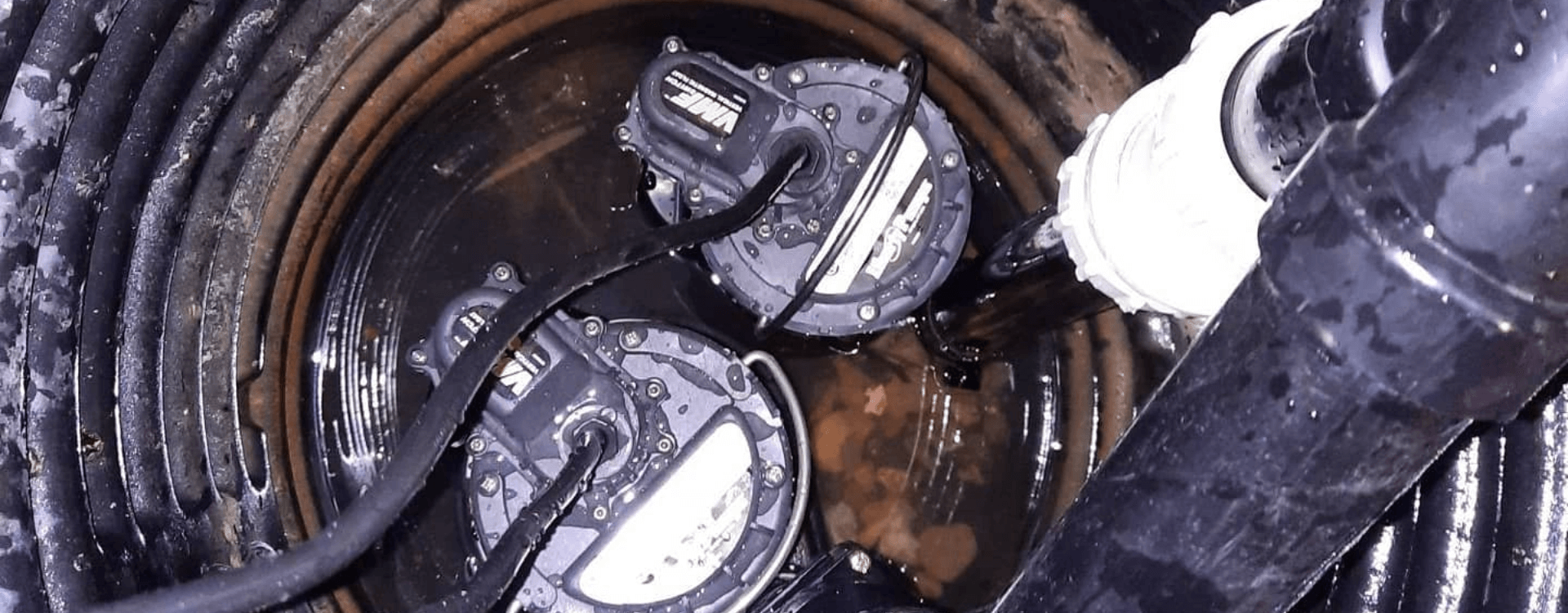Introduction
In rural and suburban areas, many households rely on well pumps to provide a consistent supply of clean and fresh water. These systems are essential for daily living, and yet, they often go unnoticed until something goes wrong. Imagine the inconvenience of turning on your tap and getting no water. That’s why it’s crucial to understand the lifespan of your well pump and how to ensure it keeps running smoothly. In this blog post, we’ll explore how long your well pump may last, the steps you can take to prevent being left without water, and how plumbing experts in Peterborough, like Cardinal Home Services can help.
The Lifespan of a Well Pump
Well pumps are built to last, but like any mechanical system, they have a finite lifespan. The typical lifespan of a well pump can vary depending on several factors:
Pump Type: There are various types of well pumps, such as submersible and jet pumps. Submersible pumps tend to have a longer lifespan, often ranging from 15 to 20 years, while jet pumps may last around 10 to 15 years.
Quality and Maintenance: The quality of your well pump and how well it’s maintained can significantly impact its lifespan. Regular maintenance, including cleaning and inspecting components, can extend the life of your well pump.
Water Quality: The water quality in your well can also affect the pump’s lifespan. If the water is highly corrosive or contains abrasive particles, it may cause more wear and tear on the pump.
Usage and Demand: The frequency and intensity of water usage in your home can affect the well pump’s life. High-demand households may put more stress on the pump, shortening its lifespan.
Signs of a Failing Well Pump
To avoid being left without water, it’s essential to be vigilant and recognize the signs of a failing well pump:
Low Water Pressure: A sudden decrease in water pressure is a common indicator that your well pump may be struggling.
Air Sputtering from Taps: If you notice air spurting from your faucets, it could be a sign of a problem with the well pump.
Frequent On/Off Cycling: An unusually high frequency of the pump turning on and off can be a sign of trouble.
Rust-Colored Water: If you notice rusty or discolored water coming from your taps, it may indicate pump issues.
Strange Noises: Unusual noises, like grinding or clunking, can signal that the well pump is not functioning correctly.
Preventing Water Shortages
The last thing you want is to wake up one morning without water. To ensure you don’t get caught without water, follow these tips:
Regular Maintenance: Schedule routine maintenance with a licensed well technician to inspect and service your well pump.
Water Testing: Periodically test your well water for quality. If issues are detected, address them promptly to prevent damage to the pump.
Invest in Quality: Invest in a high-quality system when installing or replacing a well pump. It may cost more upfront but it can save you money and frustration in the long run.
Water Conservation: Practice water conservation to reduce strain on your well pump, especially during times of high demand.
Conclusion
Your well pump is the unsung hero of your household, providing you with a reliable source of water for everyday needs. To avoid the inconvenience of being left without water, it’s essential to understand the lifespan of your well pump, when to repair it and take steps to ensure its longevity. Regular maintenance and vigilance for pump failure signs are key to preventing water shortages. Don’t wait until it’s too late; safeguard your water supply by staying proactive and working with a licensed well technician like Cardinal Home Services to keep your well pump in optimal condition.



